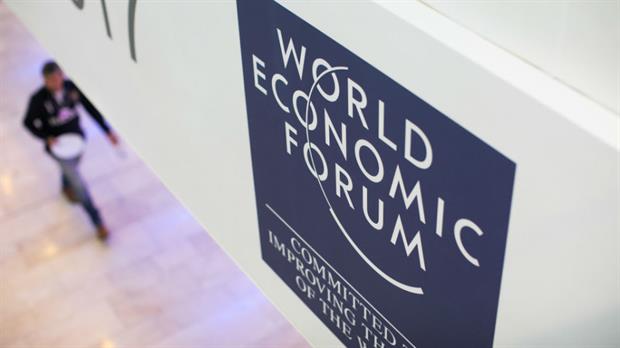The water-energy-food challenge


Dominic Waughray is the head of public private partnership at the World Economic Forum taking place this week in Davos. In a sponsored article for The Guardian he asks himself if global leader can solve the water-energy-food conundrum and proposes a systems approach as the only reasonable solution for the challenges and environmental risks faced in the following decades.
But why does he say so?
The world’s energy strategies based on fossil fuels require massive amounts of water.
For example, The United States needs around 731,920 million liters a day to produce and burn nearly 900m tons of coal it uses each year to generate one third of the country’s electricity. Likewise, about 15% of China’s national water withdrawals are used for coal mining, processing, ash control and cooling of the coal-fired power plants, explains Waughray.
With global energy consumption expected to increase nearly 50% by 2040, energy strategies based on fossil fuels will require much more water to be allocated to new power plants. But even today many river basins are already facing over-abstraction. Also, most industrialization strategies are based on increasing fossil fuel capacity to drive growth. And few countries like Chile plan their national energy security around less thirsty renewables like wind or solar.
Waughray says this can be politically challenging and the outcome of their strategies is “usually the easiest but least ideal; water resources are over-used, farmers continue to irrigate so that thirsty, fossil fuel-based industrialization can expand, all to the point of hydrological unsustainability and, in some cases, the collapse of the water system.”
This is why he says the World Economic Forum encourages a systems approach to solving both the environmental and economic problems.
“A strategy that brings together all the right people from across government, civil society and business, with access to the right resources, to help jointly explore and resolve these food-energy-water, climate and growth conundrums.”
So he says.
“When all costs and risks are considered, is an energy security strategy based on fossil fuels really the cheapest and smartest long-term solution? And more worrying still for a policymaker in a water-stressed country, will the pursuit of fossil fuels actually exacerbate social and political tensions over water security more than it delivers citizen satisfaction through improved energy security?”
Heads of government and leaders form science meeting in Davos will tackle some of these interconnected challenges. Unless a systems approach is achieved we will never resolve the risks faced in the coming decades.
LatinAmerican Post





